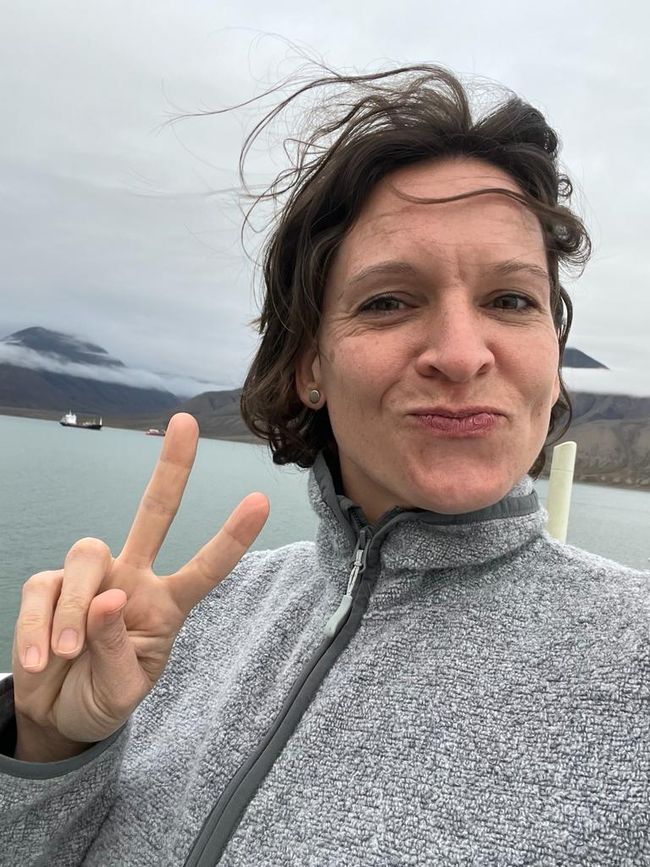Willkommen in Jordanien!
Nəşr edilmişdir: 16.10.2018
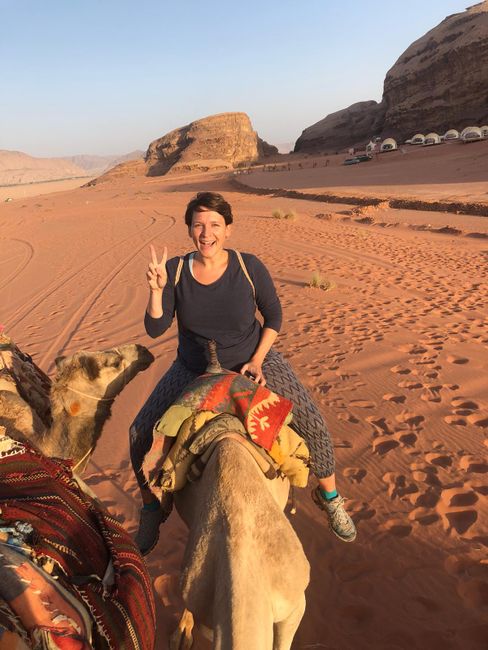
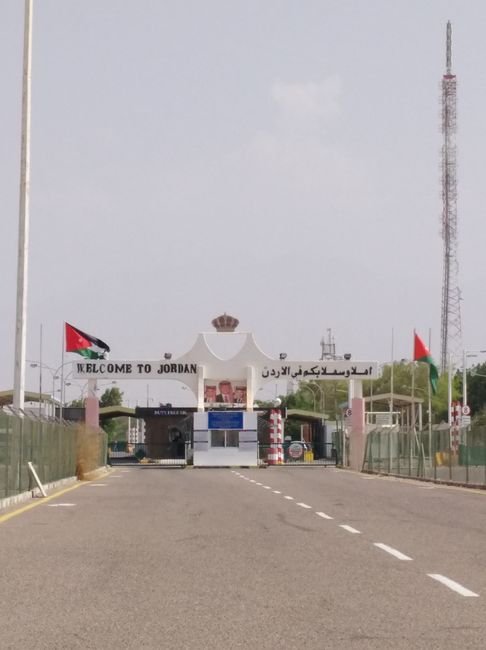
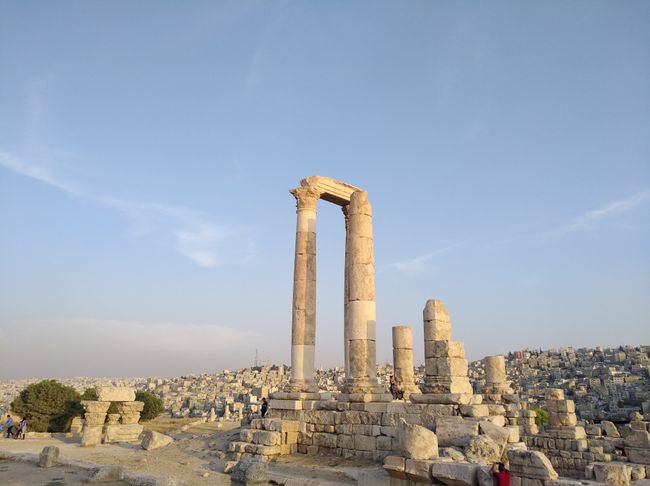
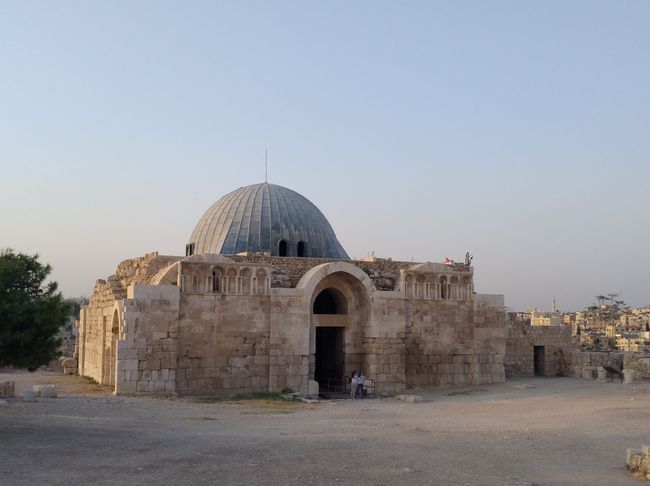
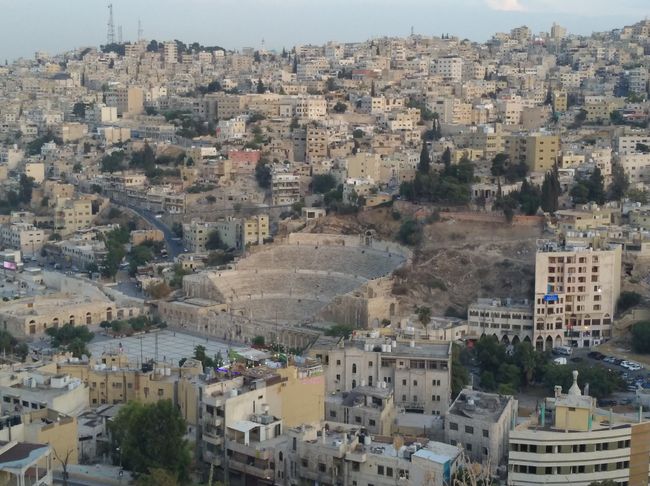
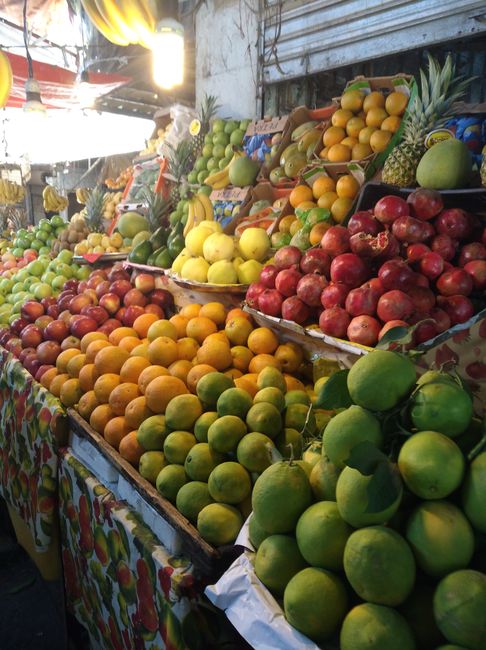
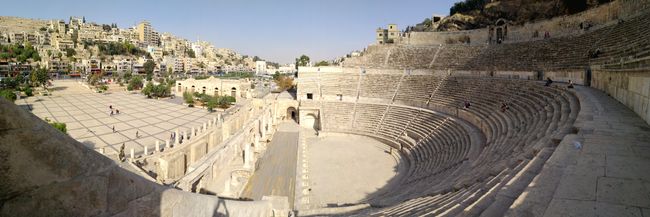
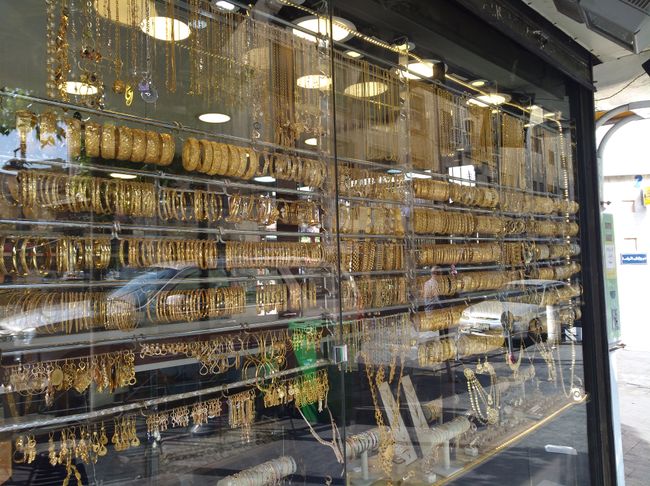
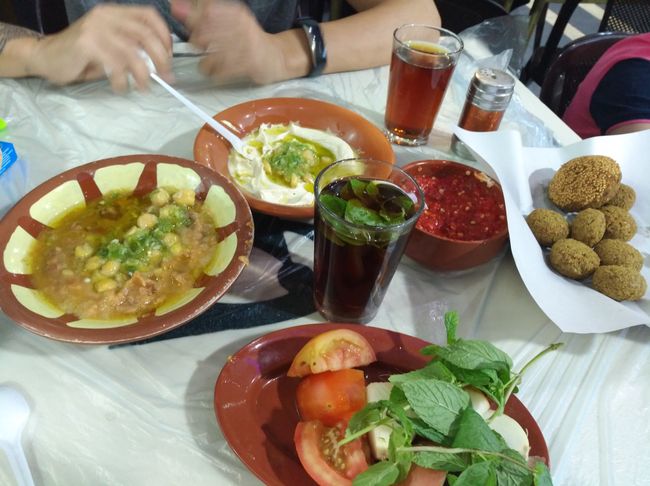
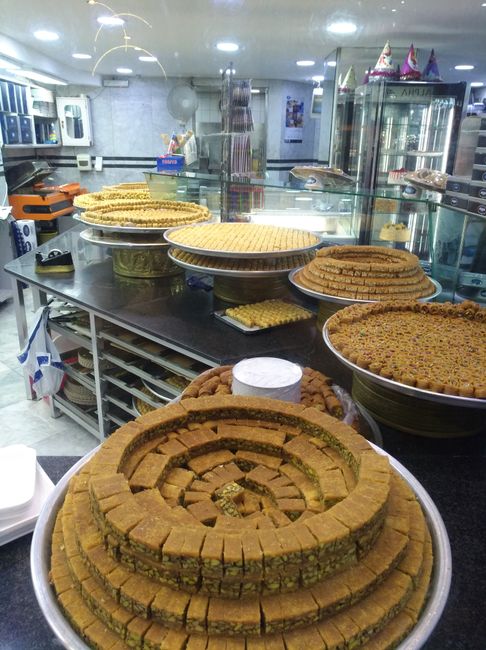
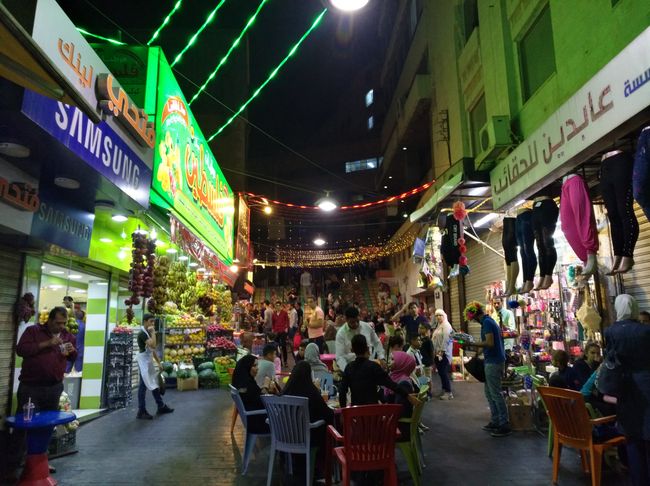
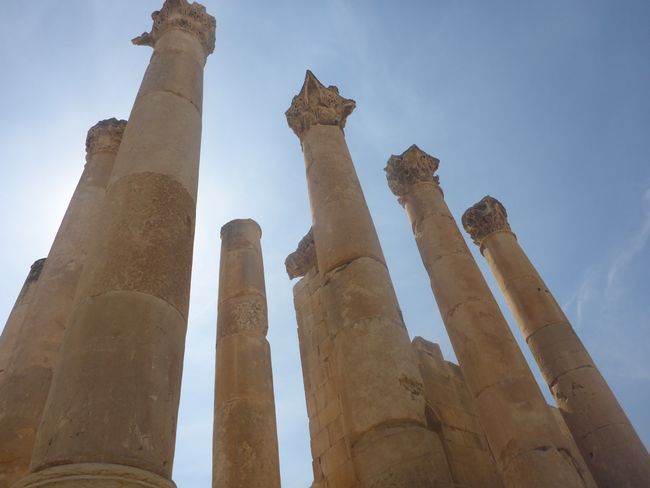
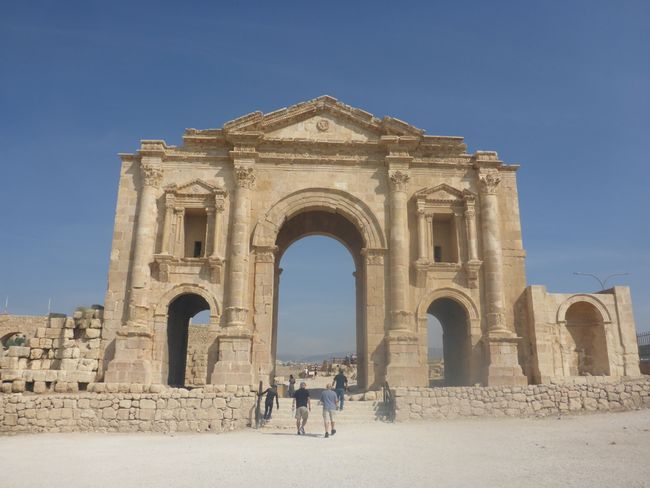
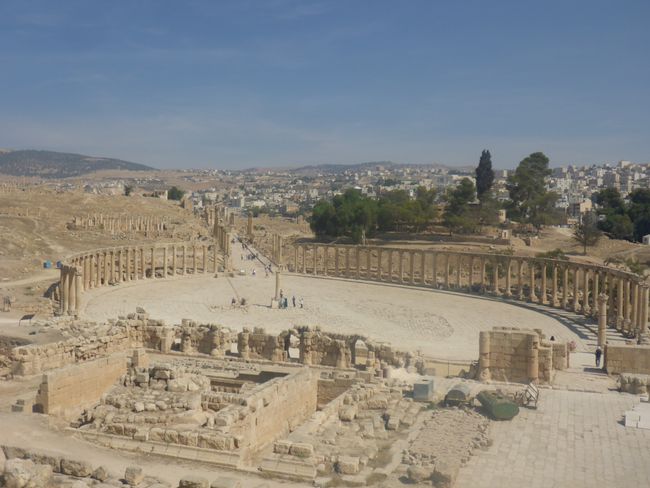
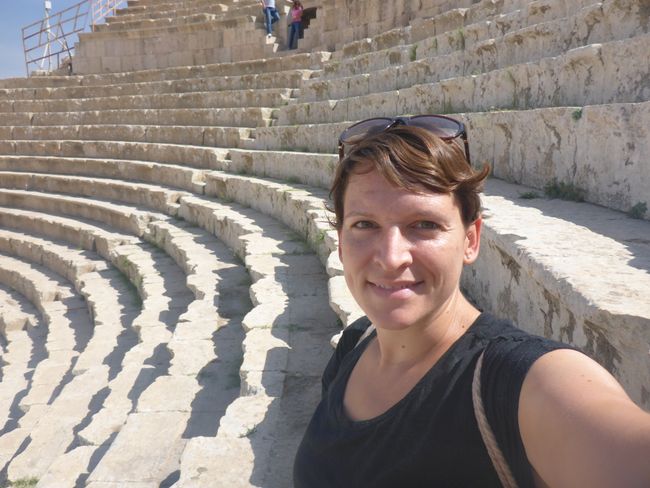
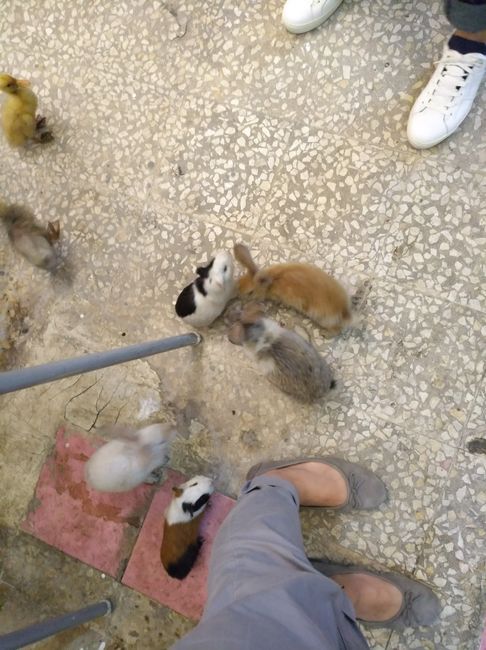
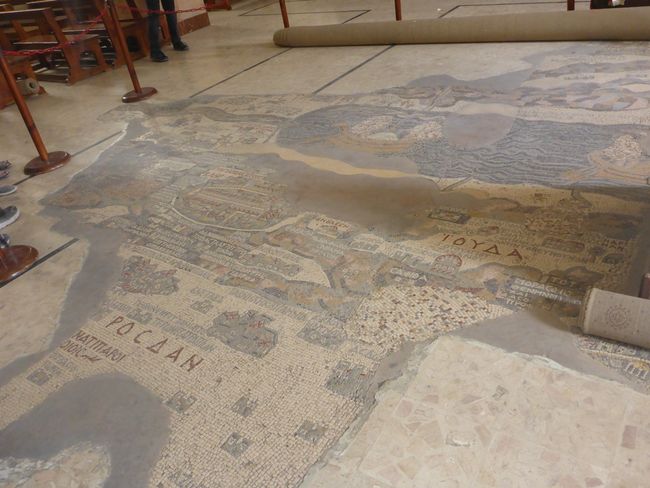
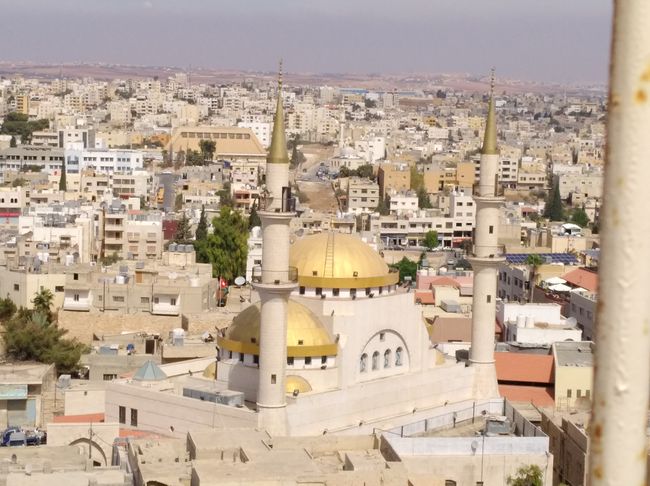
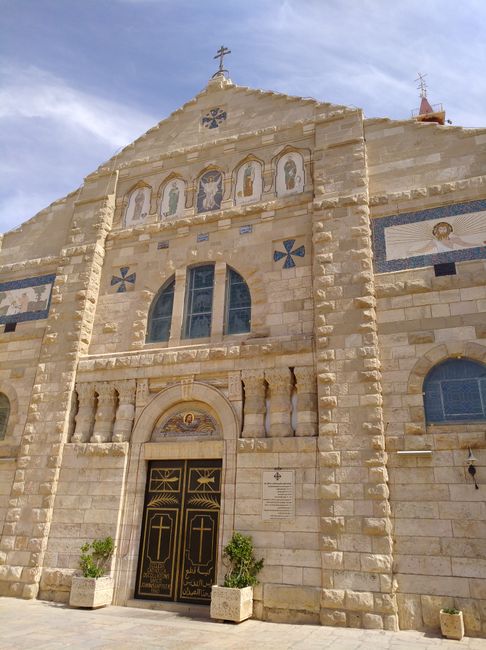
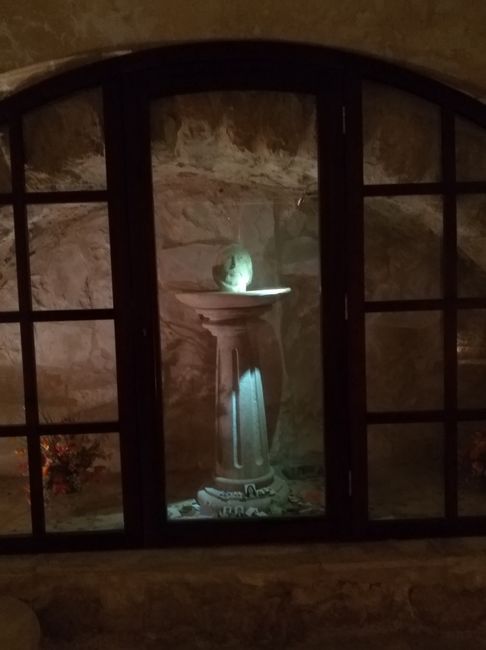
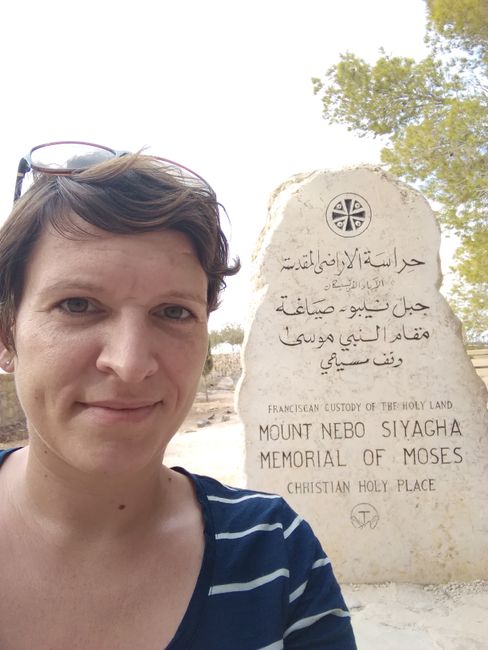
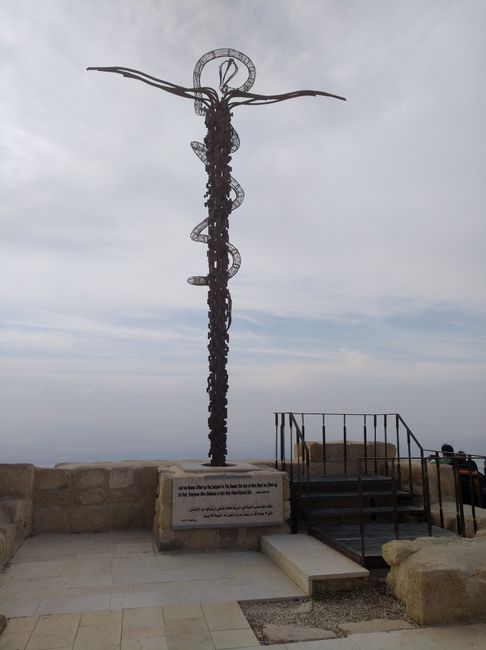

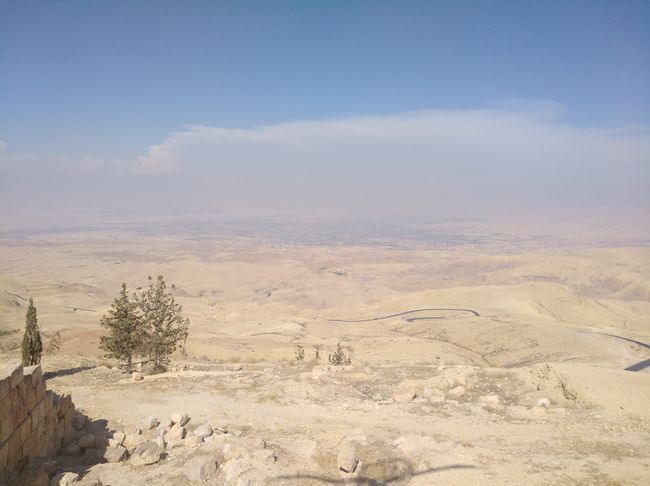
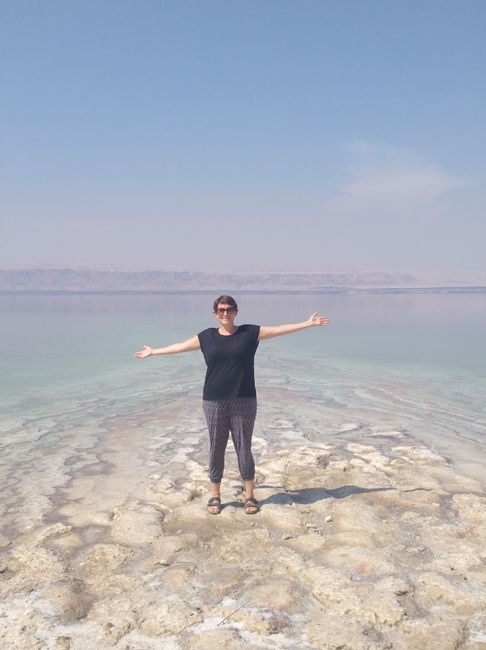
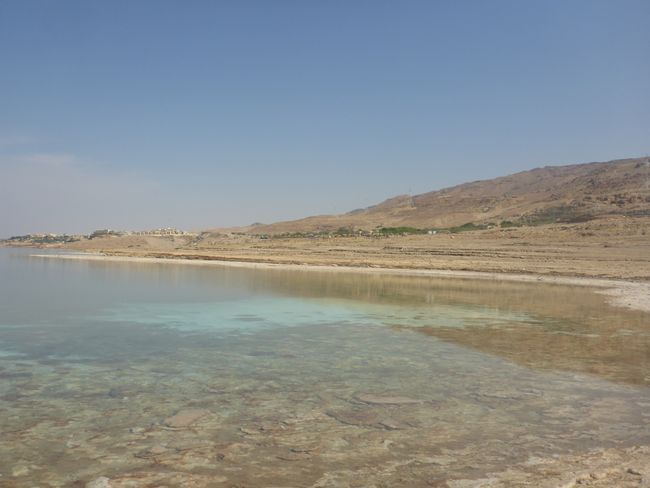
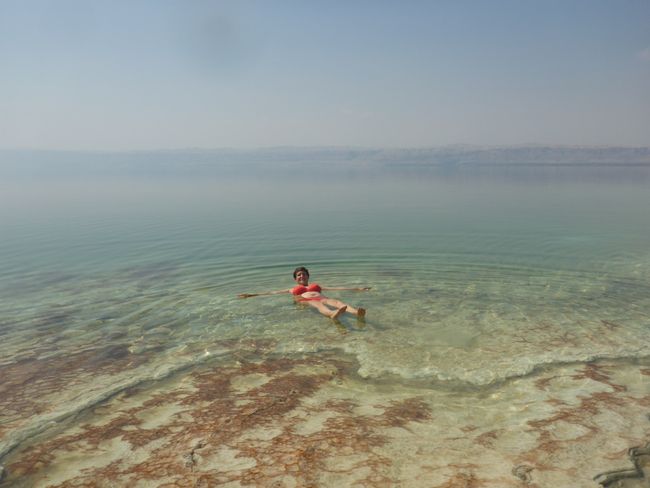
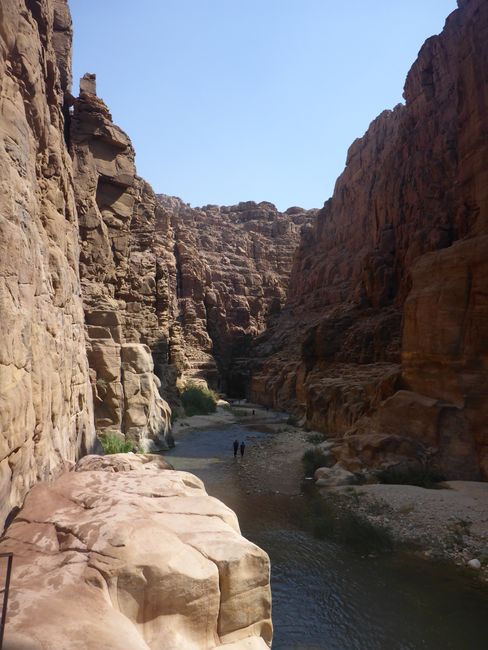
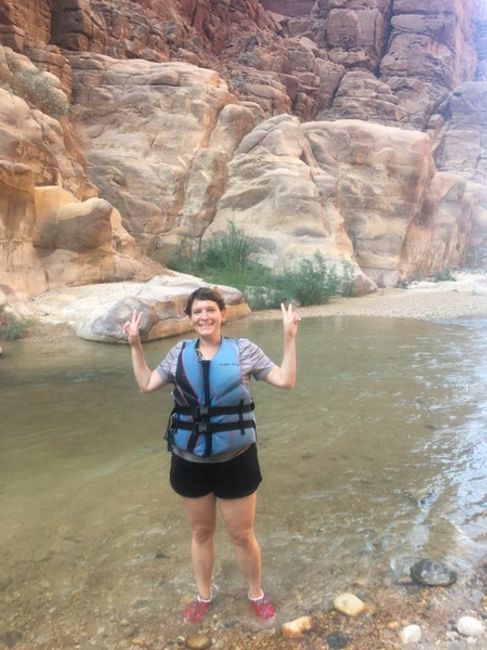
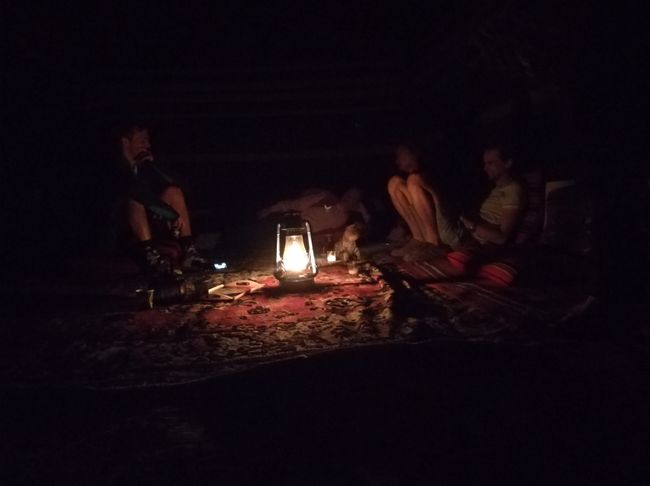
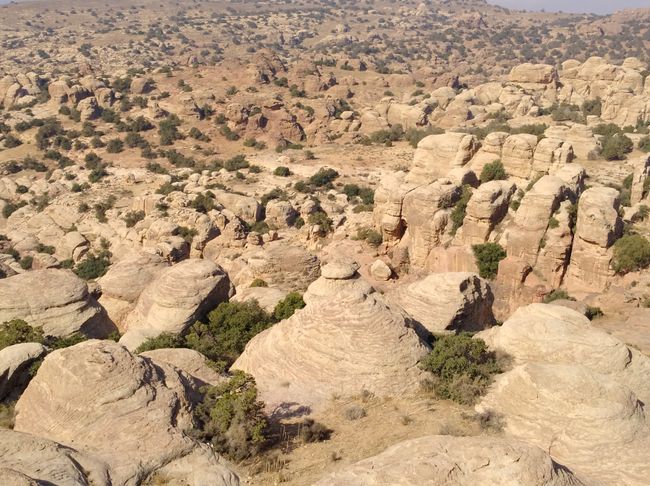
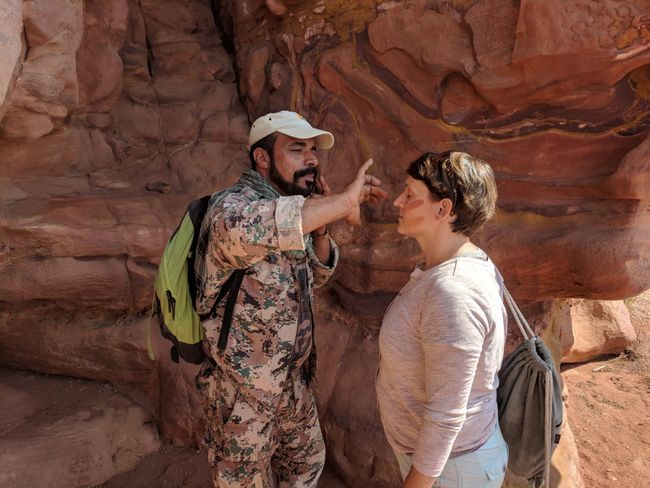
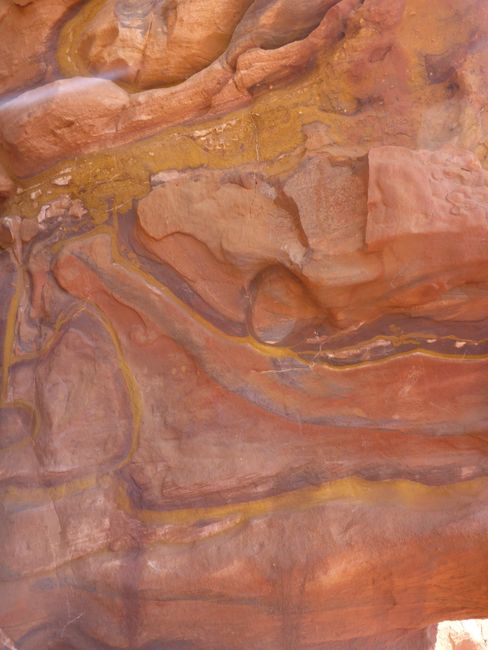
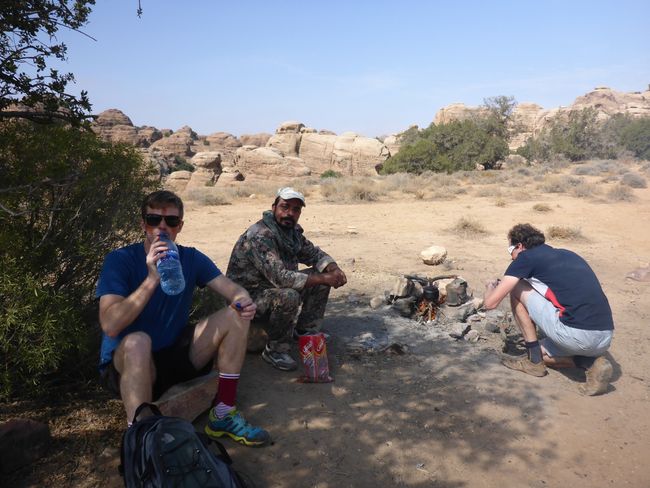
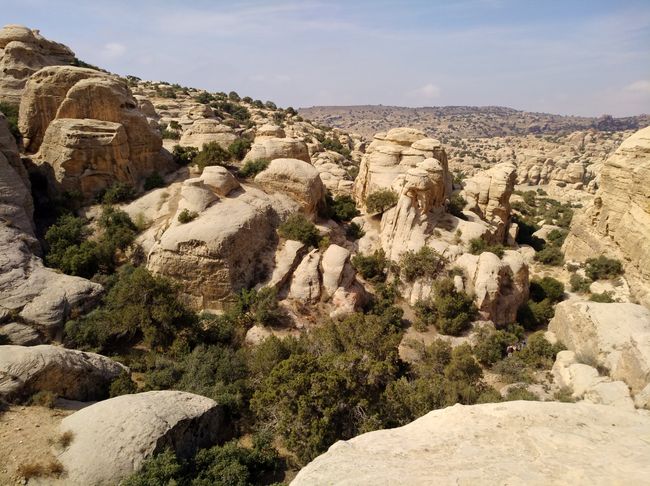
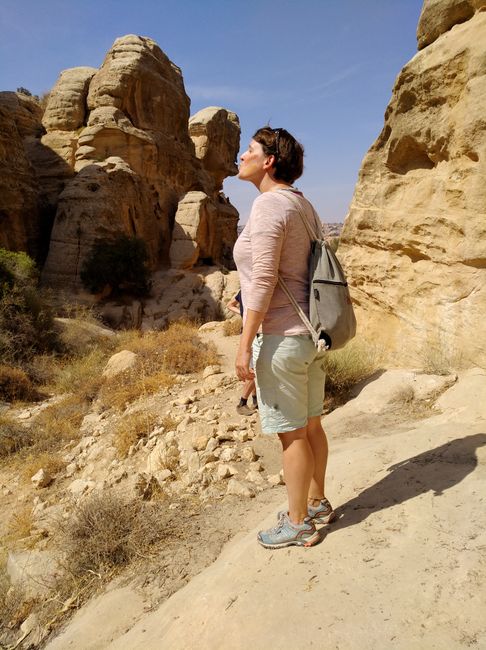
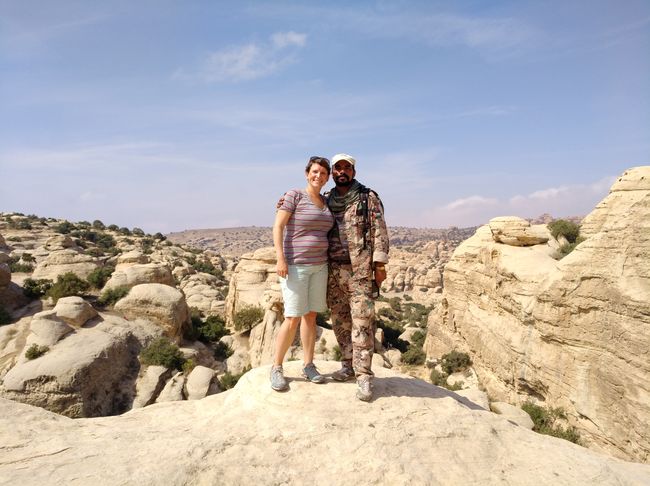
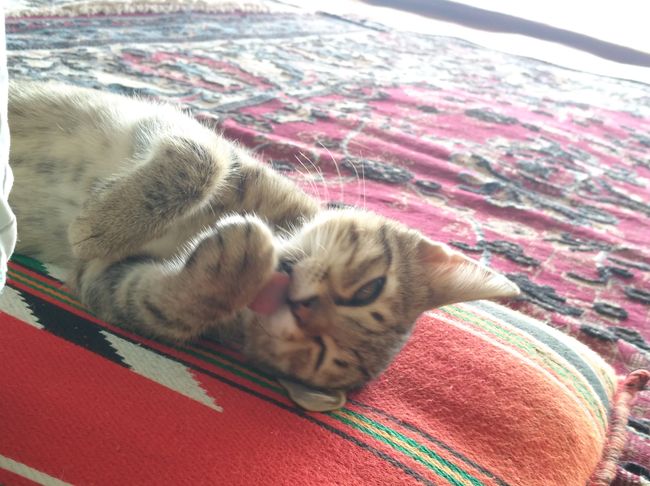

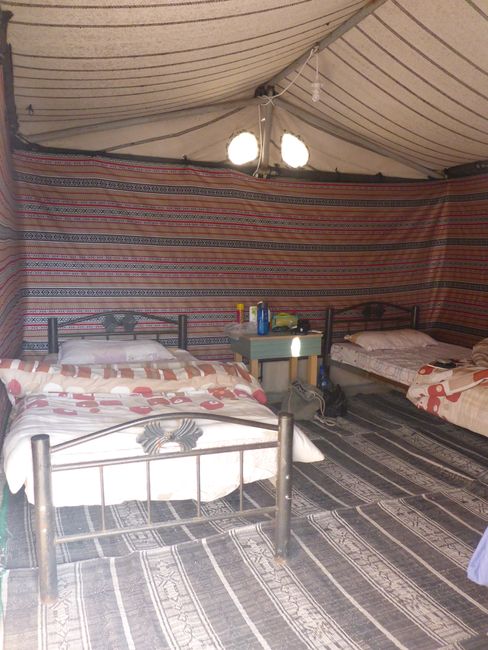
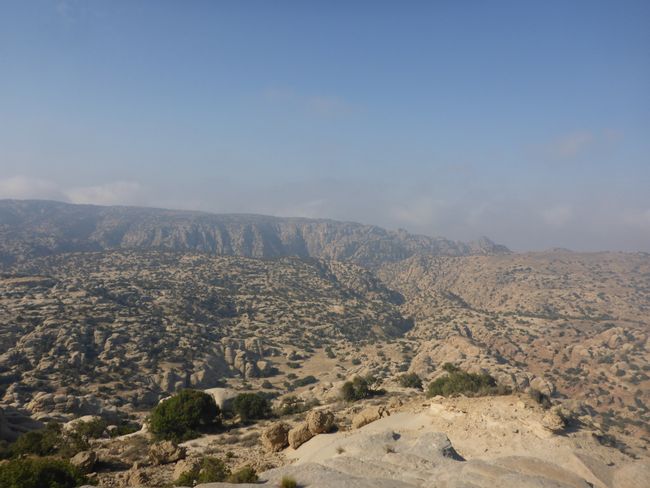
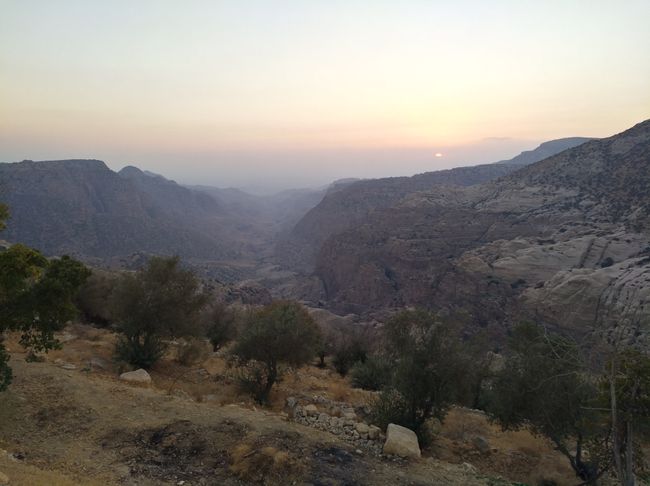
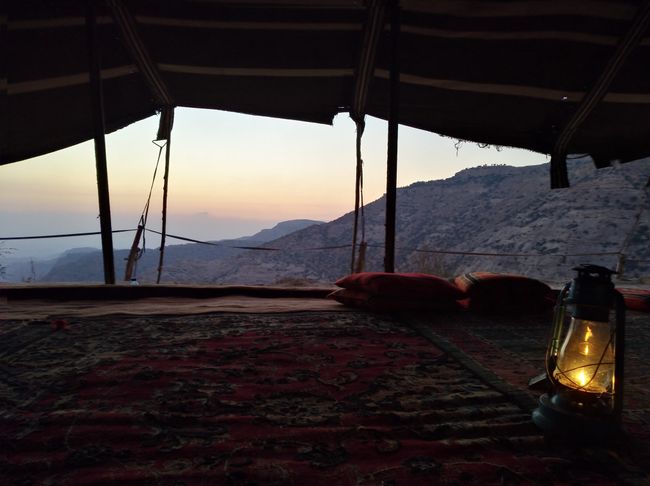

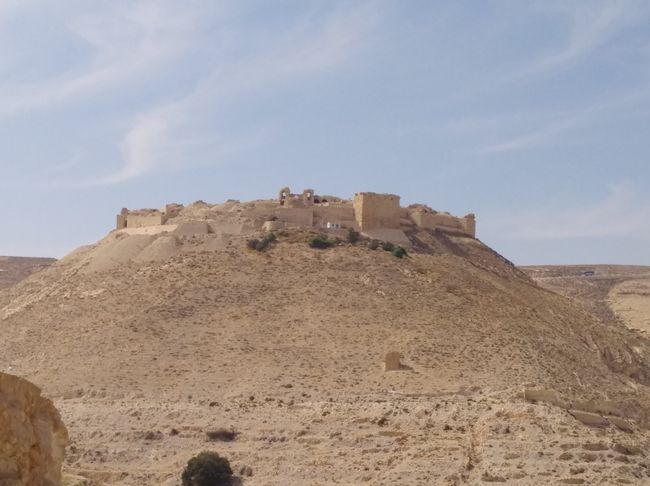
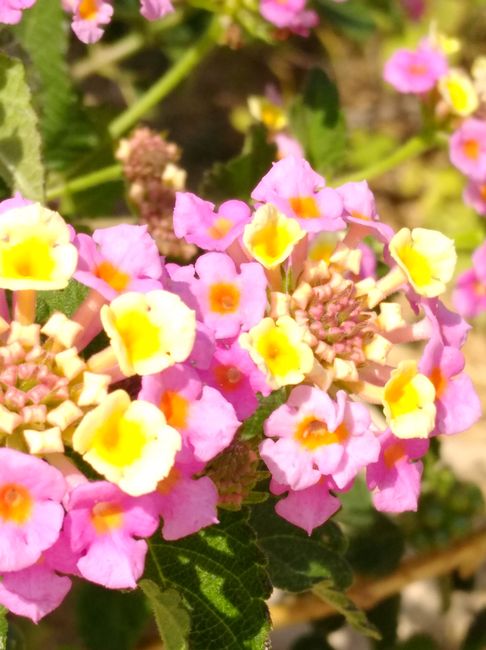
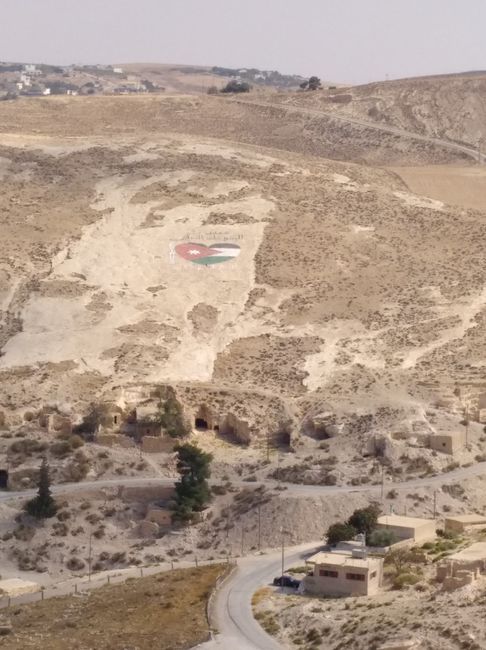
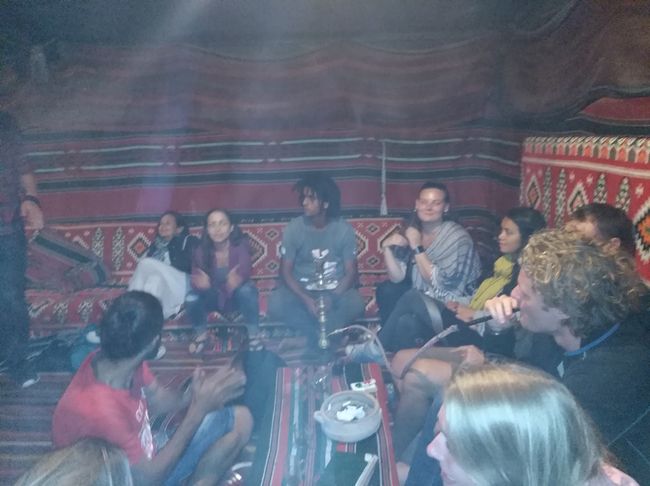
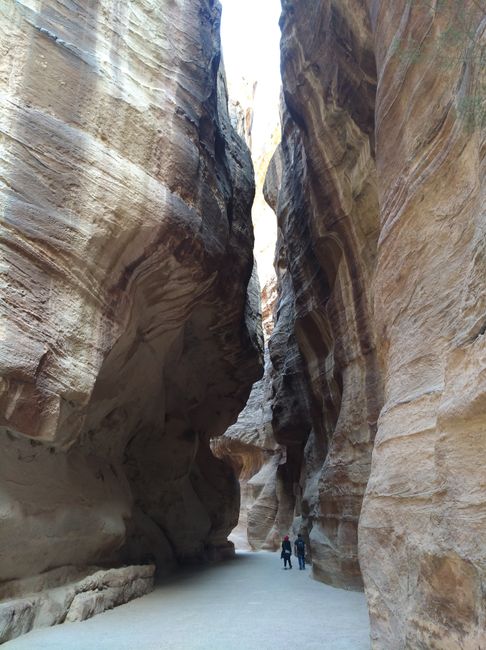
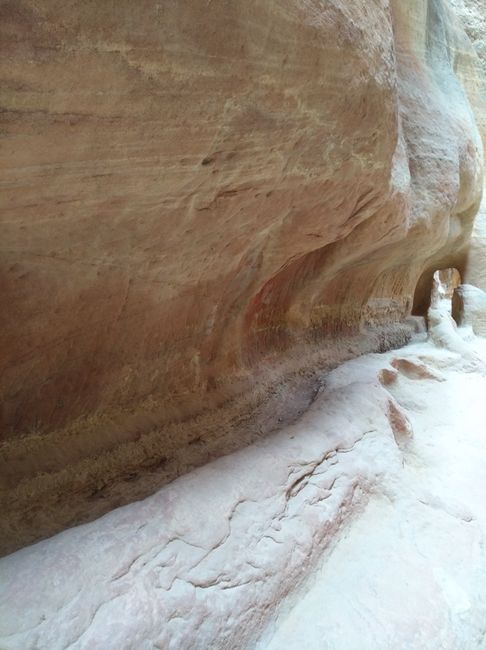
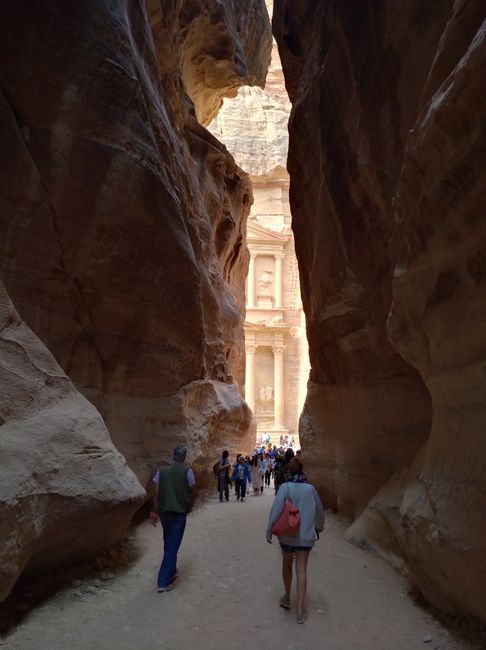
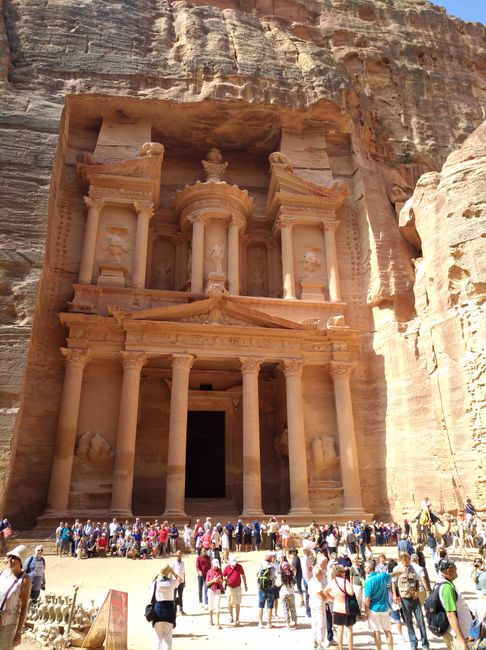

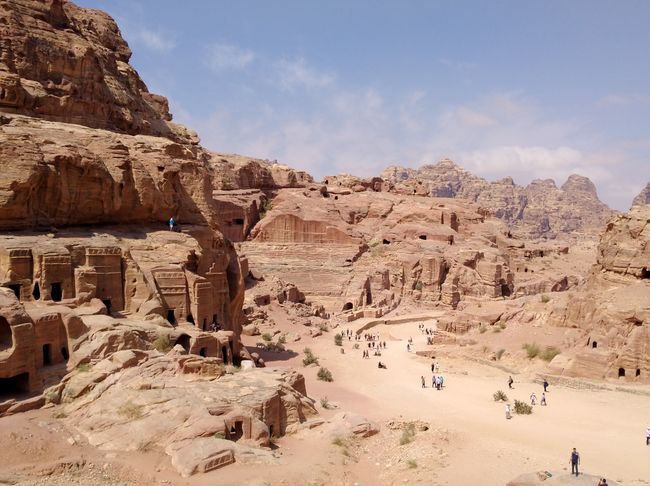
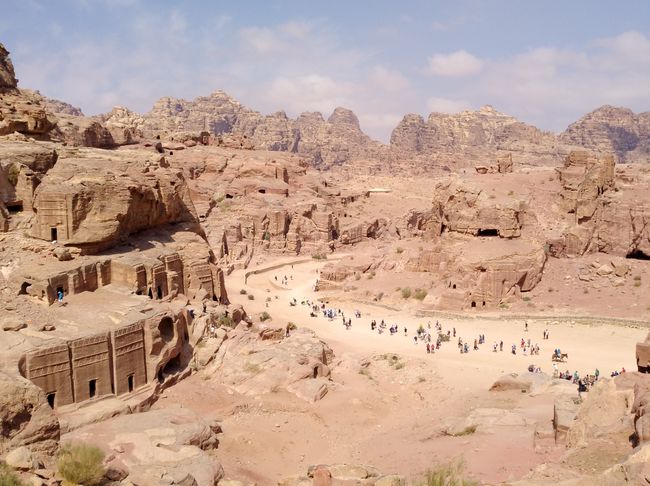
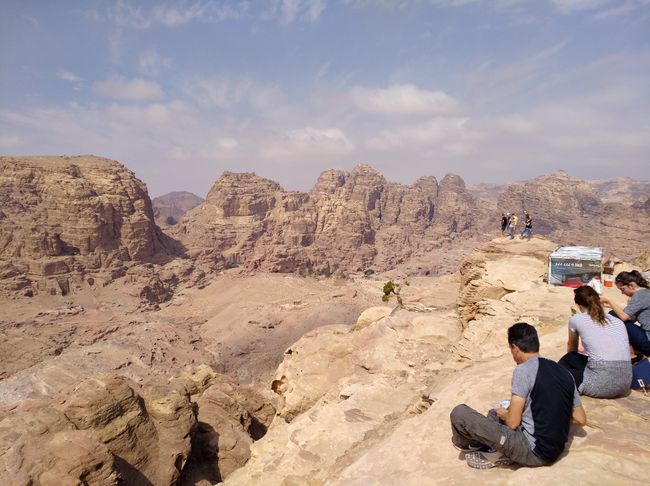
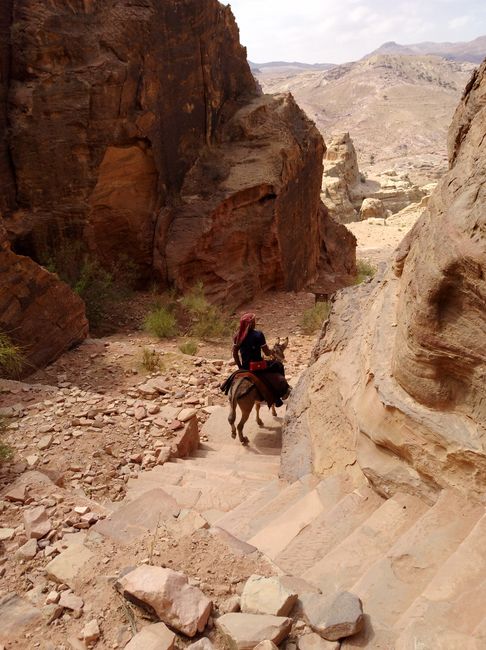
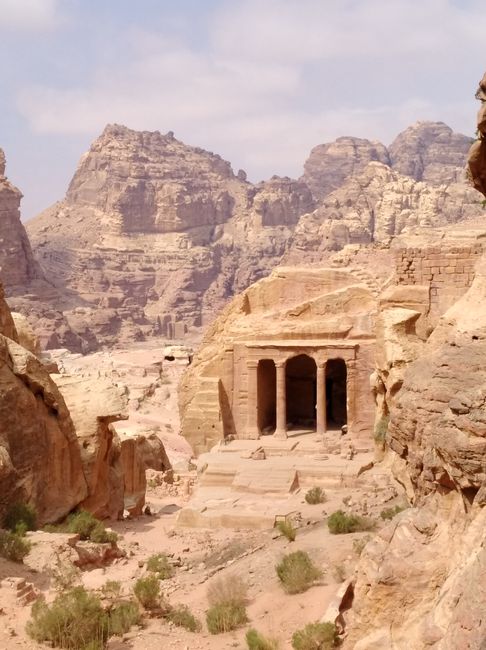
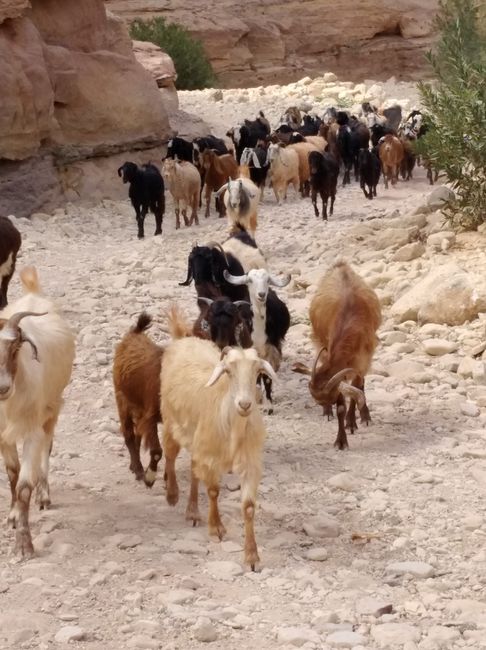

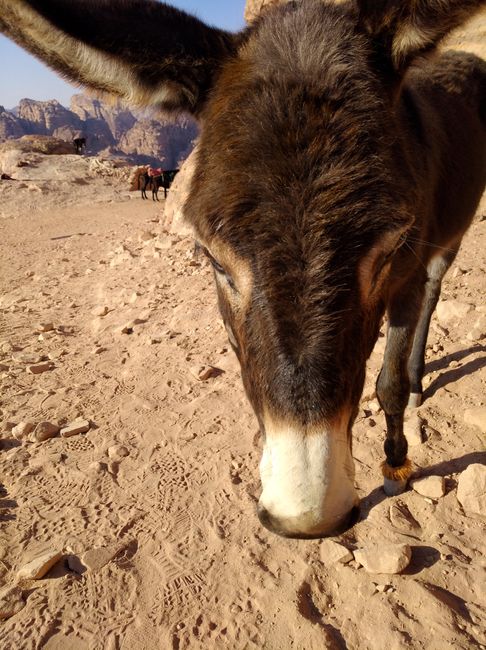
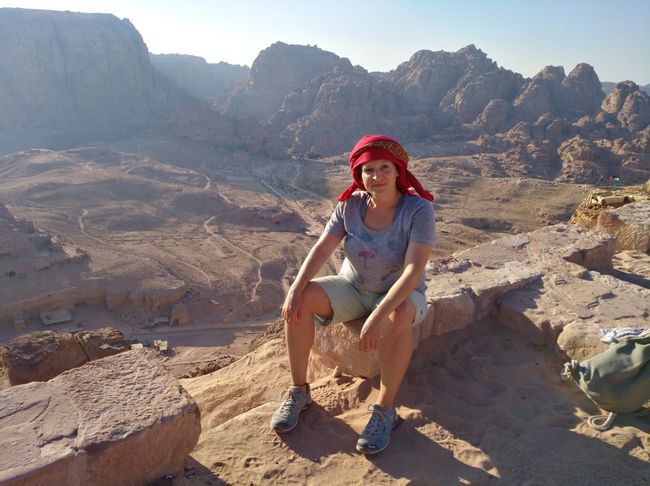
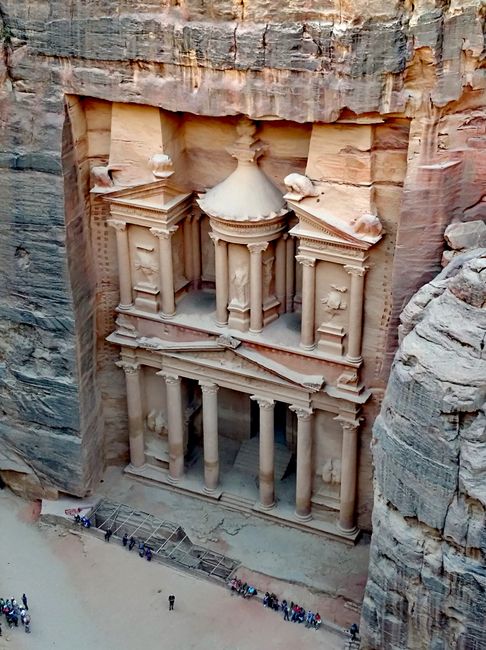
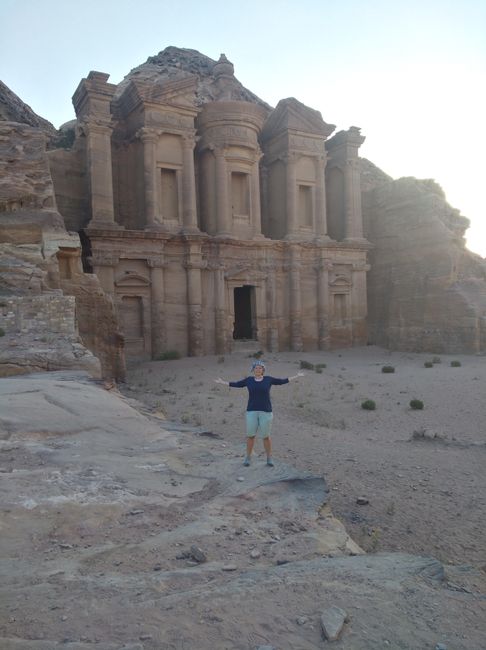
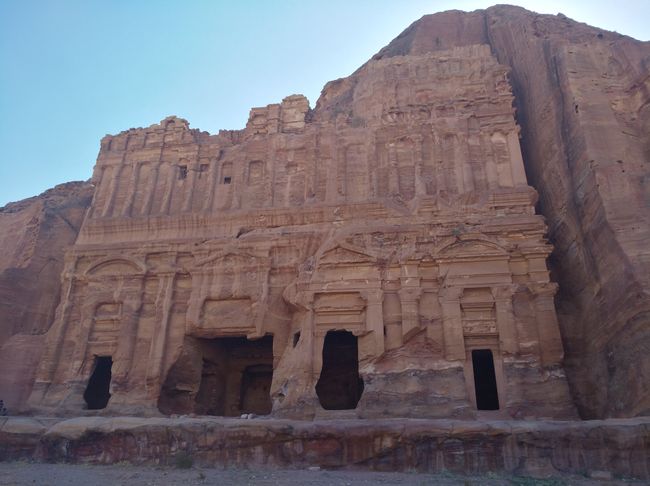

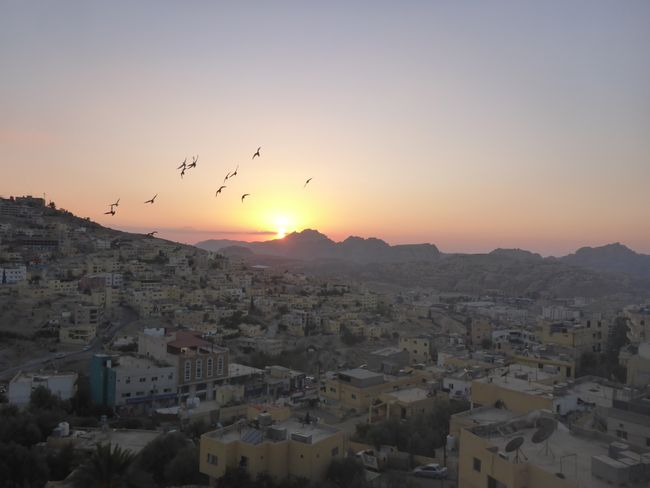
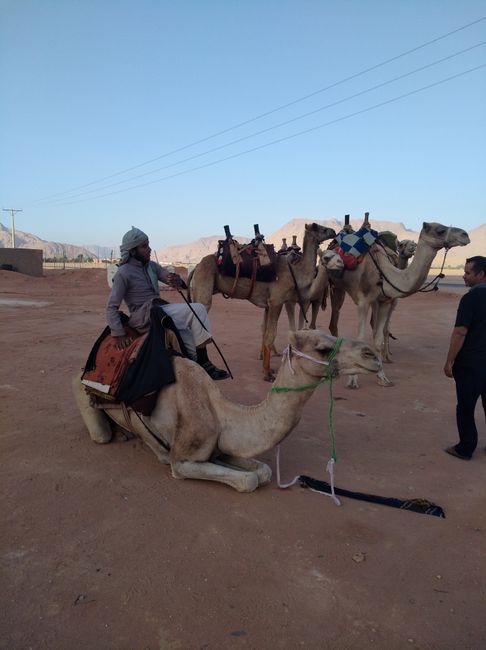
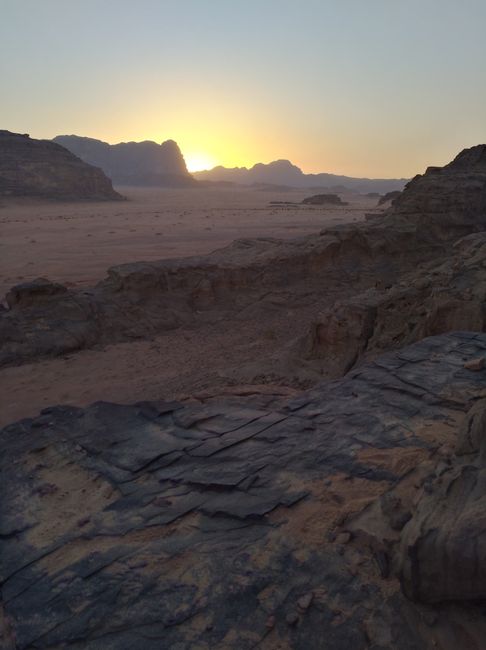
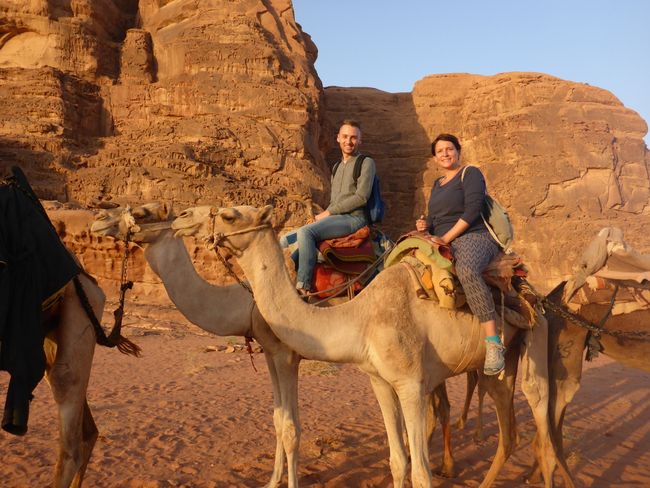
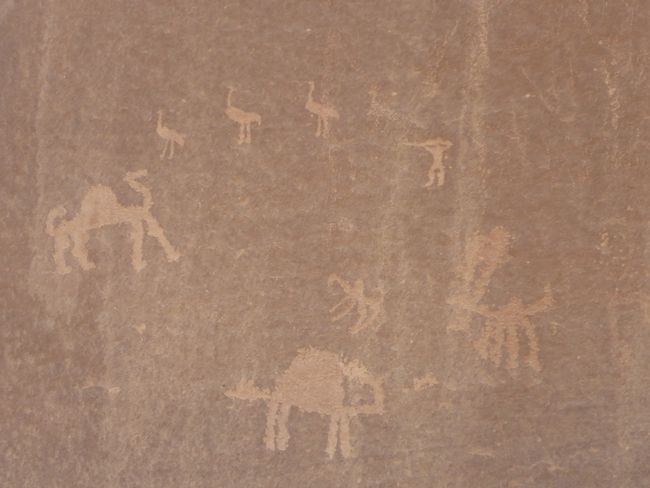
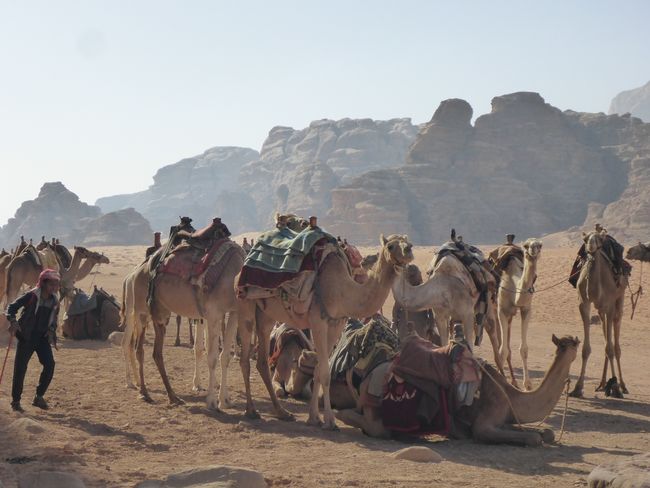
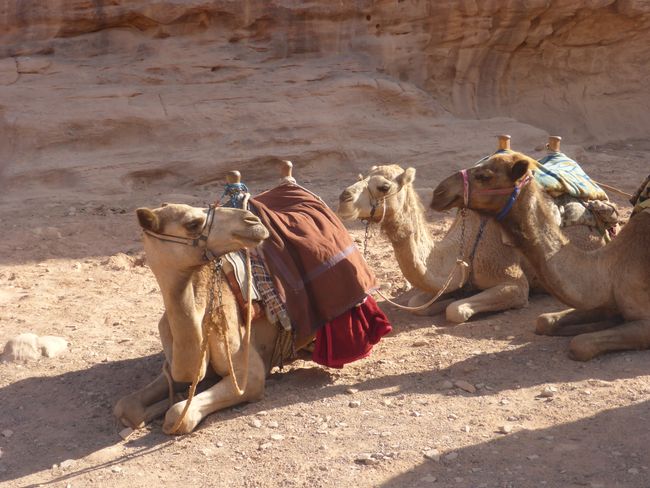
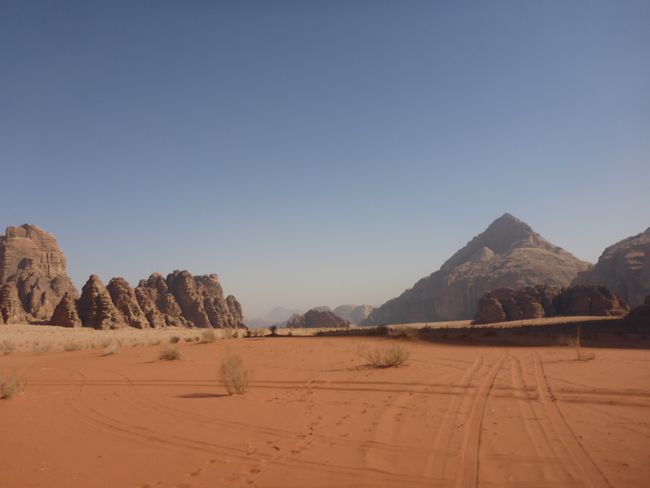
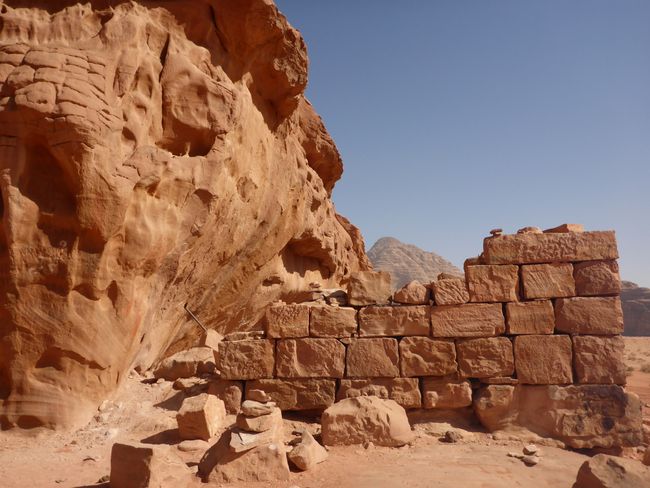
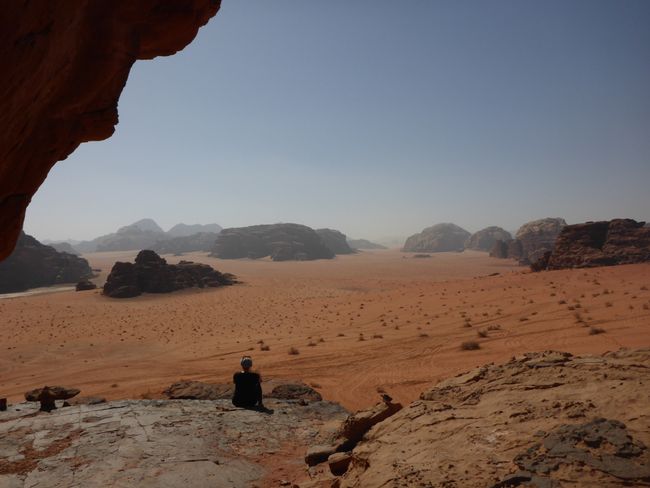
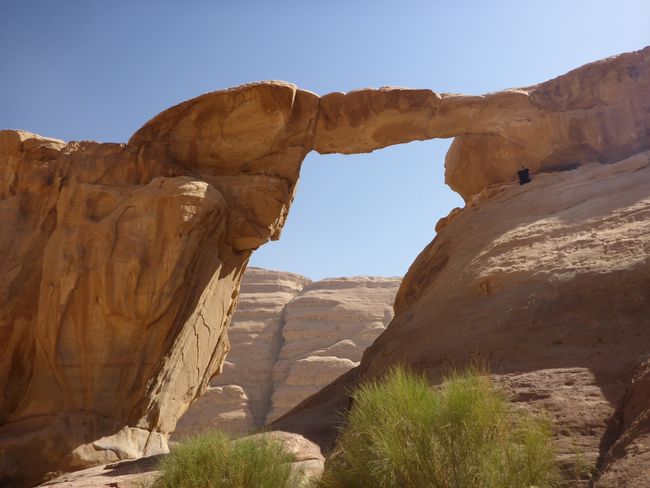
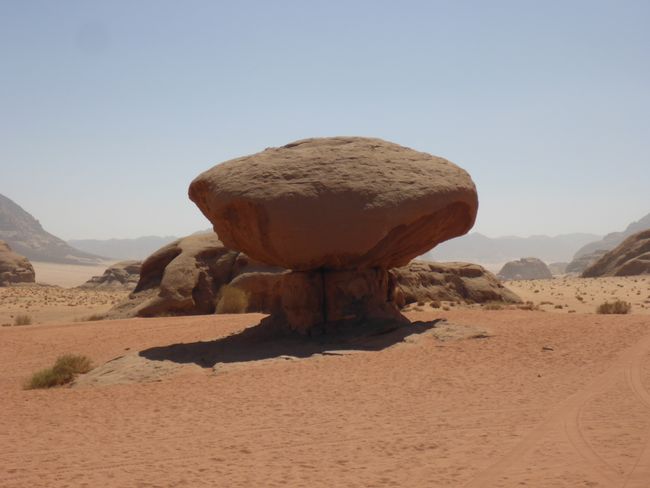
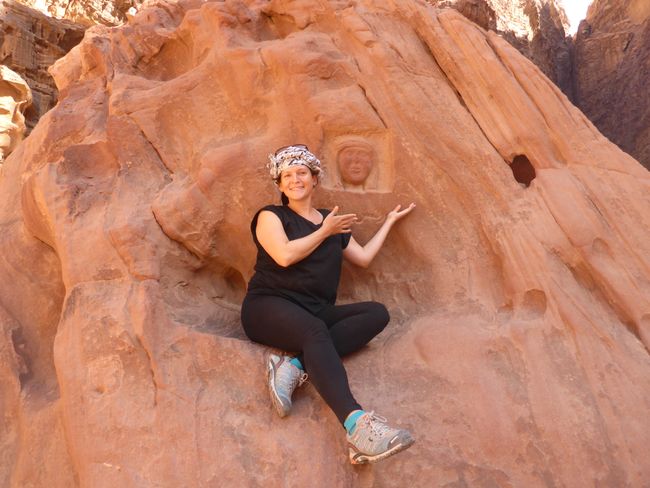
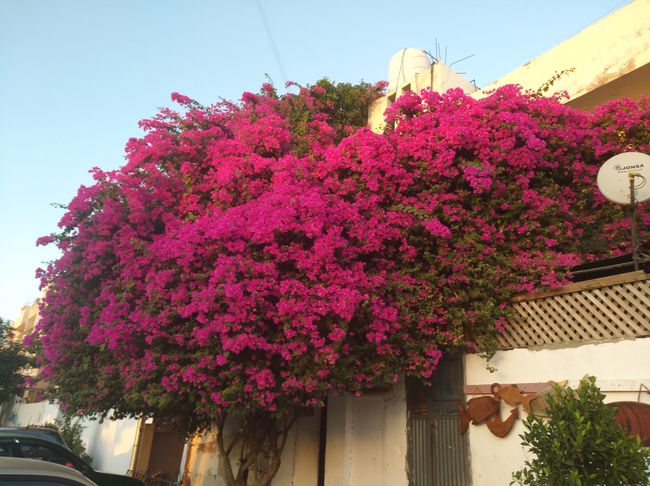
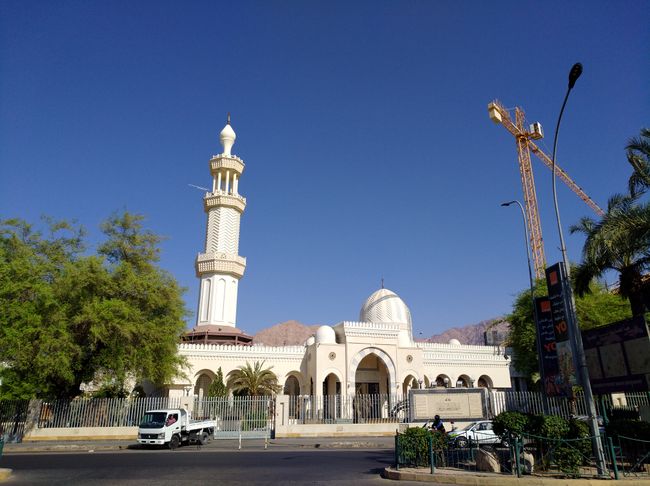

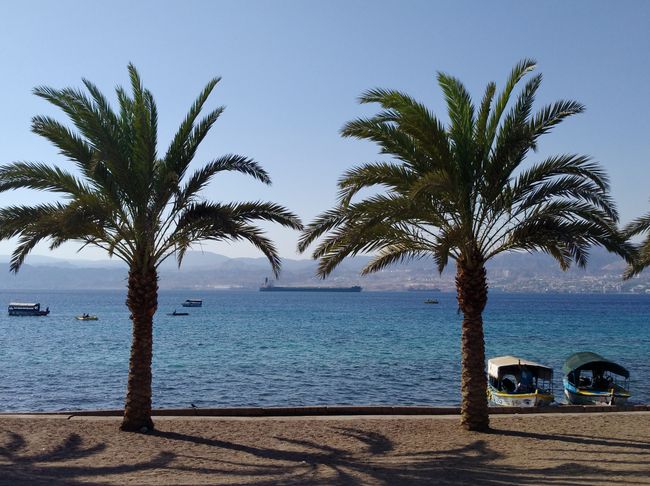
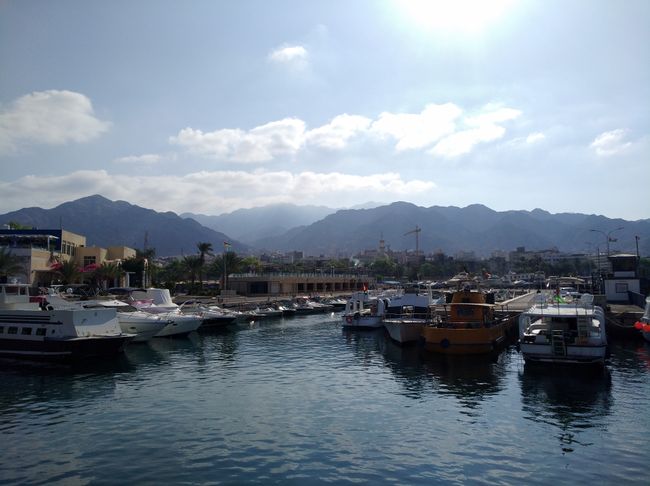
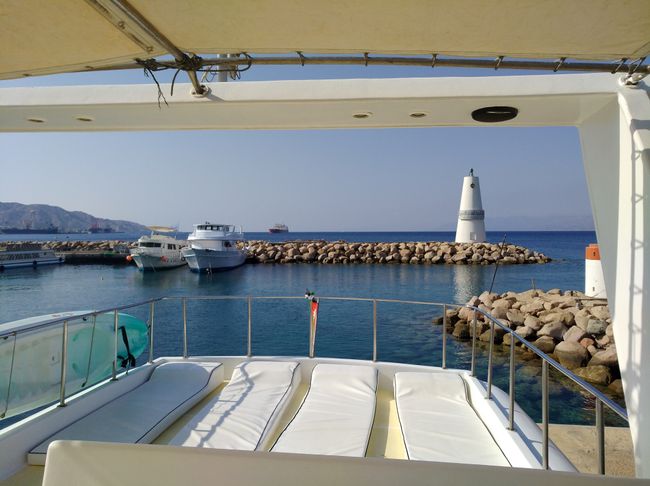



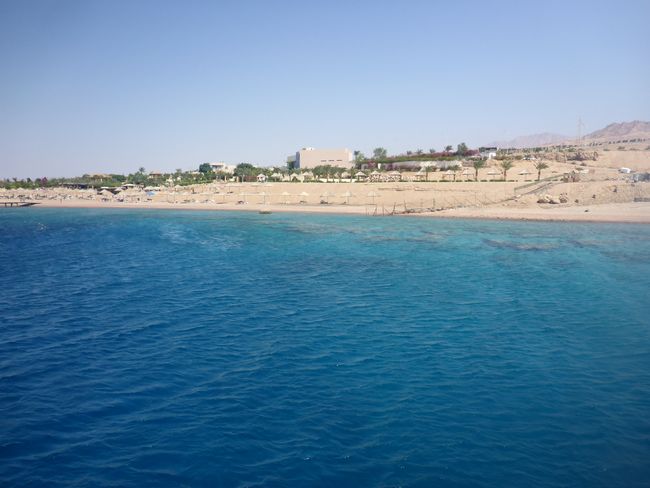
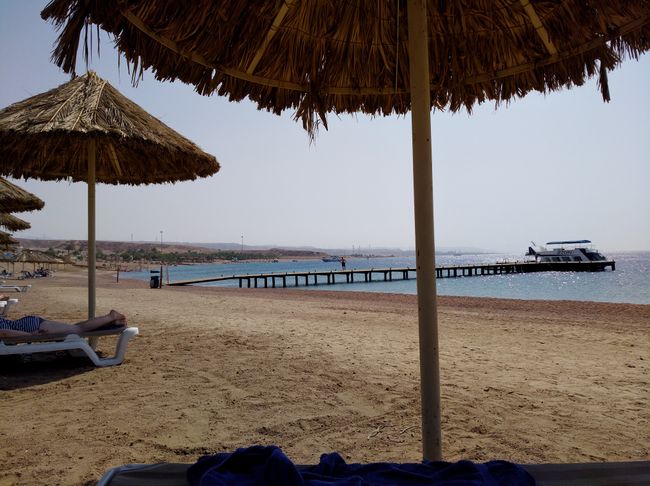
Bülletenə abunə olun
Welcome to the Hashemite Kingdom of Jordan! Where should I start? I have experienced so many different impressions in the past 2.5 weeks. At first glance, they seem contradictory.
The women are generally veiled with a headscarf (hijab), and it is very rare to see women's hair in the open street. On the other hand, it is mostly the women who order a shisha in a cafe or restaurant and exchange the latest topics with their female family members or friends while they are steamy. Despite the hijab, there are many, especially younger women, who are still wearing makeup and tight jeans.
The Jordan Museum in Amman proudly proclaims that 93% of Jordanian women are literate and that 20 out of the 130 seats in parliament are occupied by women. However, women's employment is only 15%. Household and childcare - the average family size is 5.4 people - are mainly carried out by women. My few and admittedly amateurish observations do not necessarily show that the relationships between men and women are dominated by men. Although I have noticed occasionally that fathers take a little more care and affection for their sons than for their daughters.
However, the process of marriage proposal is very traditional. A nice twenty-something explained it to me. If a man/woman is interested in the other person, they first look for contact through friends and then on Facebook (95% of Jordanians have a mobile phone) and chat extensively. If they have the urge to meet in reality, it can only happen secretly, as a relationship without the intention of marriage is unthinkable. So, they meet at 4 am in a place that is hopefully not crowded and do what people do when they are freshly in love (as far as I understood it also without any restrictions!). If the interest grows to make the relationship official, the boy asks his own family to arrange the introduction to the other family. Of course, only if the desired lady has the same wish. (The young woman is asked by the authorities if she also wants this, if not, the marriage will not be permitted.) The boy's family will now check who they are dealing with. If they get the green light, they officially ask for the daughter's hand. At the engagement party, the male representatives (every unmarried or widowed woman under 40 has a male guardian) of both families negotiate the price, which is then paid in gold, money, or other goods. 500 dinars (600 euros) for the mother of the bride are mandatory, who uses the money to buy beautiful things for her daughter. But there are also families who do not require any compensation, they would be considered particularly good families.
From the moment of engagement, i.e., the registration at the authorities, the engaged person is already considered the rightful spouse. The wedding is only a social act, which lasts for 3 days. The first day is for the ladies, the second day is for the men, and on the third day, the groom picks up the bride from her parents' house and gives her a new home.
It is said that each woman needs a house. However, the times of polygamy seem to be mostly over. Although a grandfather of a friend of my conversation partner counted 31 children, whose names he could not distinguish by far.
The average age of the 9.5 million people living in Jordan is 22.3 years. By the way, if we Germans think we have taken in many refugees, we can compare ourselves with Jordan. It is estimated that 1.5 million Syrians have come here in recent years. There are quite efficient camps, one of them is in Aqaba, where people are also given work accordingly. A few days ago, the border with Syria was reopened. So, we can expect further asylum applications.
For 70 years, Jordan has been accommodating Palestinians. Of the nearly 10 million people, 2.3 million come from the West. Even if many are well integrated, there still seems to be many who do not feel at home.
History shows that the country has seen many nationalities, religions, and worldviews come and go. First the Greeks, then the Romans, in between the Ottomans, and of course the Nabateans (the first Arab empire), the people who profited tremendously from the course of the Silk Road and its trade and who have set a monument to themselves with Petra that is unparalleled.
The most impressive thing about the huge area is the provision of water in a desert. At times, more than 20,000 people lived there and had to spend every day breaking stone that had to be supplied with enough water and food in order to complete the future tombs of the ruling class. The Bedouins, who were transplanted to a nearby village since being officially appointed a UNESCO World Heritage Site, still stay in their homeland and sell transportation with donkeys, camels, or mules, food/drinks, or souvenirs.
And then there is the promised land that a Catholic girl knows from religious education. Apart from the beautiful view, it is already a sublime feeling to stand where Moses was shown the promised land by God. Or the church of John the Baptist, who was beheaded nearby.
The Dead Sea is more precisely a lake that has been steadily shrinking for years due to the increasing extraction of the Jordan River. Arriving at the lowest point on Earth, 428 meters below sea level, you can float on the water-like and yet completely different fluid. The salt content of 33% is 10 times higher than in a normal sea (3.8%), which is why there is only bacterial life there.
So, what impression do I take with me from Jordan?
There are many very nice and caring people who live their lives in a very honest and enlightened way and express their opinion while respecting the common rules of behavior. The usual taxi driver scam methods are really very limited in Jordan.
It is said that among the Arab countries, Jordan is one of the most progressive. Without having seen any others, I would confirm that. There are also many other great travelers from all over the world who have made my stay very pleasant.
Even though crisis areas appear very close on the map, I haven't noticed the slightest bit of it. I can only encourage everyone to visit this country that hovers between tradition and modernity to form their own opinion.
Bülletenə abunə olun
Cavab verin
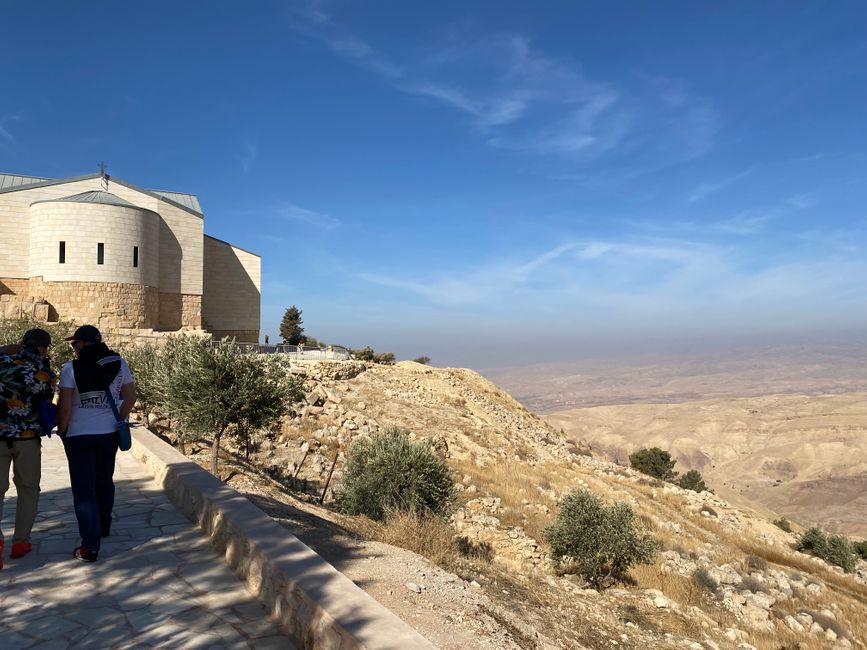
Səyahət hesabatları İordaniya

